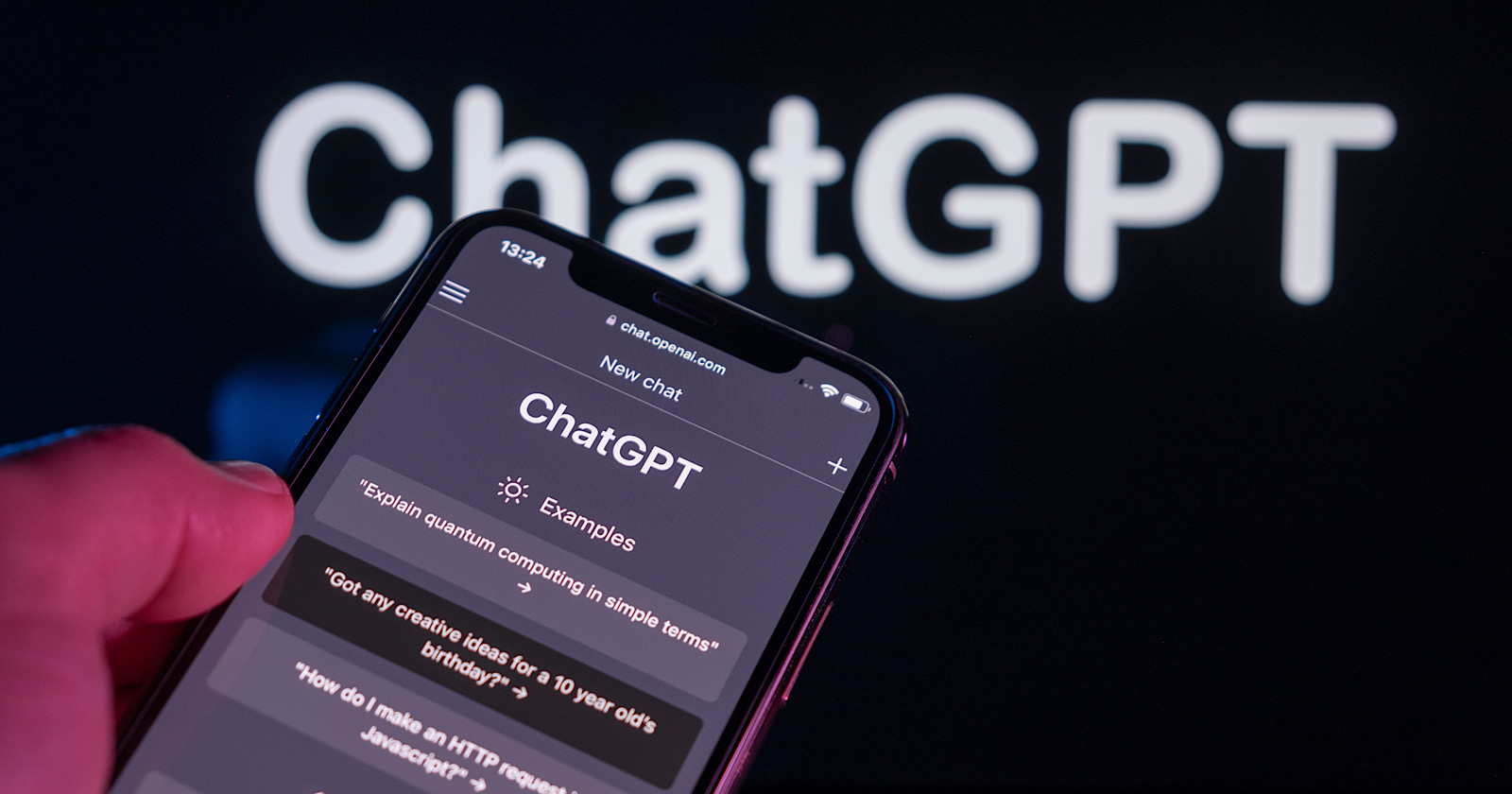ChatGPT, the viral conversational AI chatbot created by OpenAI, appears to be losing some of its initial luster and appeal.
After rocketing to immense popularity following its launch late last year, recent data indicates usage and interest in ChatGPT may be declining.
Some longtime users have complained on social media and developer forums that the AI seems to be producing lower-quality responses than just a few weeks ago.
They describe the bot as “lazier,” “dumber,” and prone to more mistakes or nonsensical answers. However, OpenAI denies intentionally downgrading ChatGPT, tweeting that “we make each new version smarter.”
The company speculates users encountering more flaws reflects increased usage uncovering limitations.
From Accurate and Expensive to Fast and Erroneous
OpenAI’s GPT-4 AI model gained fame earlier in the year for its remarkable abilities, though it was slower and more expensive than other models.
It could comprehend images and text, making it the most capable AI system at the time.
There is speculation that instead of developing one massive GPT-4 model, OpenAI is creating multiple smaller GPT-4 models focusing on a specific topic.
This approach, called a Mixture of Experts (MOE), would reduce the system’s computational costs while providing capabilities similar to a single gigantic model.
By splitting GPT-4 into specialized smaller models focusing on narrow tasks, OpenAI could benefit from a large language model without as much expense.
OpenAI’s Response
After people complained about GPT-4, Peter Welinder, who is in charge of products at OpenAI, defended the model on Twitter.
He said that users might think GPT-4 is worse than before because they’re using it more and seeing problems they hadn’t noticed previously.
He insists that each new release of the GPT-4 model is more intelligent than the previous version.
Despite widespread speculation about GPT-4’s architecture, OpenAI hasn’t announced any significant changes.
Declining User Base
This perceived drop in ChatGPT’s capabilities lines up with a measurable decrease in website traffic and downloads.
Data from the internet analytics company Similarweb shows that global website visits dropped nearly 10% in June compared to May.
Downloads of the iPhone app have also tapered off since hitting a peak in early June, per data from Sensor Tower.
The decline in usage hints that the initial enthusiasm for AI chatbots might wane as their limitations become more apparent.
Other factors like the conclusion of the academic year and concerns about regulation could play a role in the lowered usage.
People are concerned that chatbots like ChatGPT might create false or incorrect information, while companies are worried that confidential business information could be leaked if entered into the chatbot.
In Summary
ChatGPT’s declining user base and perceived worsening performance suggest the viral chatbot may struggle to sustain its initial momentum.
This trend highlights more considerable challenges facing chatbot creators – as advanced as systems like ChatGPT are, they lack human context, common sense, and reasoning.
Still, ChatGPT represents a significant leap in natural language processing – even if its abilities fell short of some peoples’ imagined potential.
In the future, developers must balance managing expectations while striving for the next evolution in AI chatbots.
Featured Image: Vitor Miranda/Shutterstock





![AI Overviews: We Reverse-Engineered Them So You Don't Have To [+ What You Need To Do Next]](https://www.searchenginejournal.com/wp-content/uploads/2025/04/sidebar1x-455.png)